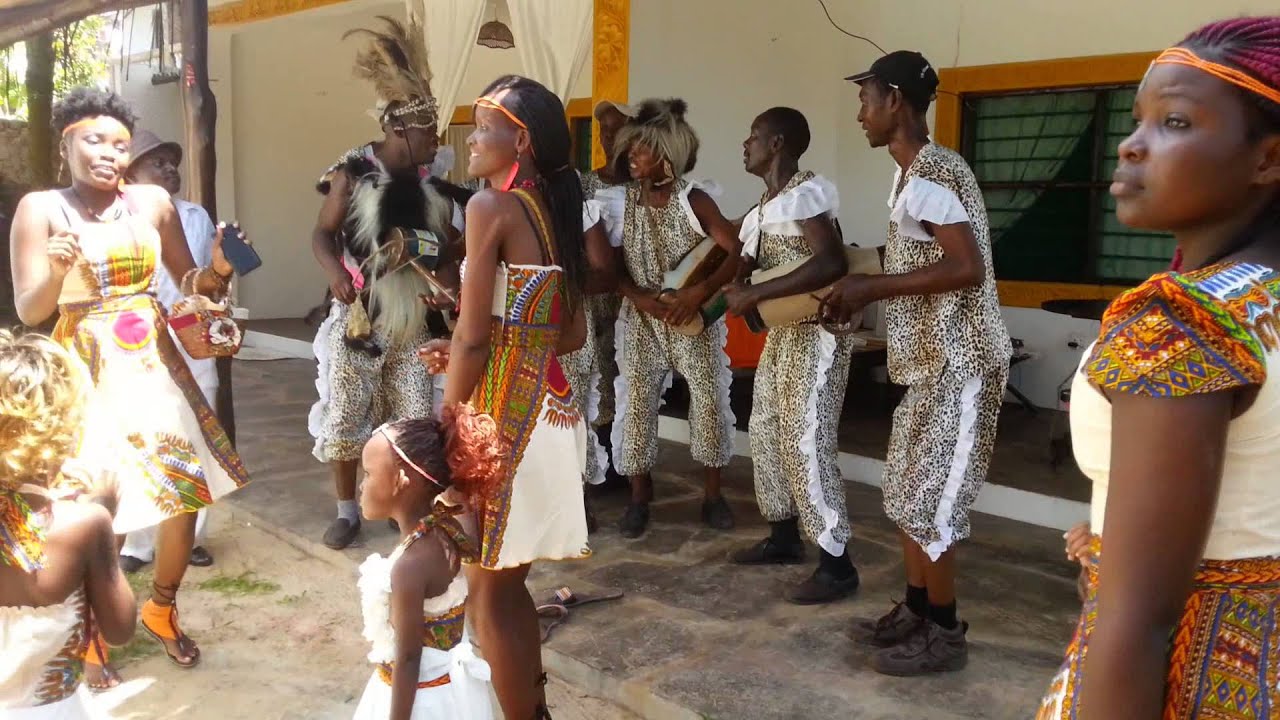The Luhya tribe, also the Abaluhya, is one of the chief ethnic groups in Kenya, with an estimated population of over 5 million people. They occupy the western part of the country, mainly in the regions of Western, Nyanza, and Rift Valley provinces. The Luhya people are a diverse group consisting of over 20 sub-tribes, each with their own unique cultural practices and traditions.
The Luhya people have a rich and complex history that dates back many centuries. It is believed that their descendants migrated from the Congo Basin and settled in the area that is now western Kenya around 2000 years ago. Over time, they formed different sub-tribes, each with its own distinct culture and traditions.

The Luhya people have a rich and diverse cultural heritage that is expressed in various aspects of their daily lives. They are known for their love of melody and dance, which is an integral part of their social and cultural life. Traditional Luhya music is characterized by its use of drums, xylophones, and other percussion instruments.
The Luhya people are also known for their traditional cuisine, which includes dishes such as matoke (cooked green bananas), ugali (a maize flour porridge), and sukuma wiki (a type of vegetable stew). They are also popular for their love of beer, with many villages having their own traditional brews made from fermented maize or millet.
The Luhya people are also known for their traditional dress, which is made from colorful fabrics and often includes beaded jewelry and other adornments. Their traditional clothing is often worn during cultural events such as weddings, funerals, and other ceremonies.
The Luhya people have a strong belief in a supreme being known as Wele Khakaba. They also believe in ancestral spirits, which they believe play a role in their daily lives. The Luhya people have traditionally practiced a form of ancestor worship in which they honor and respect their deceased ancestors.
The Luhya people place a high value on education, and many of them have achieved great success in various fields. In recent years, there has been a effort to improve access to education for Luhya children, with many schools and educational programs being established in the region.
Like many other traditional groups in Kenya, the Luhya people face a number of challenges, including poverty, disease, and political marginalization. The region has also been affected by conflicts over land and resources, which have led to displacement and social unrest.